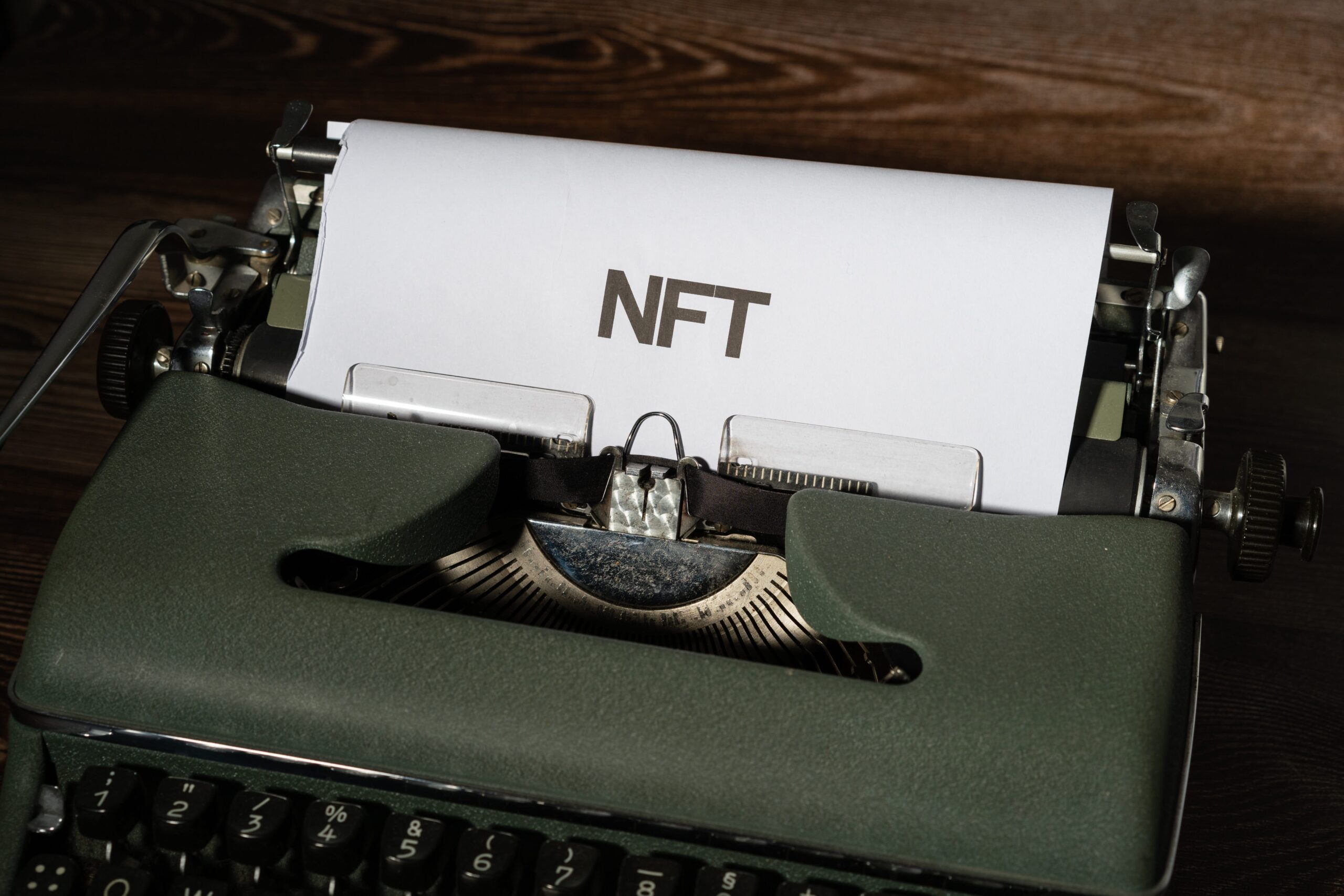
On 9 September 2022, Creative Commons issued their new FAQs on NFTs. This article provides a brief overview of the use of Creative Commons licensing in relation to NFTs based on the Creative Commons’ FAQ page linked above.
Creative Commons Licensing
Most of you may well be familiar with the concept of Creative Commons licensing, but to reiterate, Creative Commons (CC) is a not-for-profit copyright licensing organisation. In their own words, alongside other projects, Creative Commons “provide Creative Commons licenses and public domain tools that give every person and organization in the world a free, simple, and standardized way to grant copyright permissions for creative and academic works; ensure proper attribution; and allow others to copy, distribute, and make use of those works”. With the exception of CC0, CC licences allow authors to keep their copyright whilst at the same time communicate which rights they reserve and which rights they waive for public benefit. There are multiple types of CC licensing on offer for content creators, ranging from various scale attribution rights to “no rights reserved” or CC0 public domain dedication.
NFTs
NFTs (non-fungible tokens) have become a buzzword in recent years. Wikipedia defines an NFT as “a record on a blockchain which is associated with a particular digital or physical asset. The ownership of an NFT is recorded in the blockchain, and can be transferred by the owner, allowing NFTs to be sold and traded”. Crucially, the ownership of an NFT does not equate to ownership of an underlying asset. By purchasing an NFT one only purchases an actual digital token that normally contains a link to or a copy of a digital artwork. That artwork itself is a copyrighted work and the NFT owner will only have rights to that copyrighted work if these have been specifically assigned or licensed to them as required by law. NFTs have been talked about in considerable detail elsewhere on the blog (see e.g., here and here), so I shall not be discussing this concept in further detail.
Creative Commons’ position on NFTs
In their blog post, CC have effectively warned readers that many people misunderstand what a CC licence actually means. “When a CC license or CC0 is used to share a work, the rights to reuse that work are widely or completely shared, with limited or no rights reserved”, noted CC. The new FAQ page has been created to assist people with the use of CC licensing and CC0 in their NFT projects.
Although some believe that NFTs are a special case and call for new legal tools, CC believe that their licences work just as well with the new technologies. The only difference is that, as explained above, because an NFT is only a token linked to a copyrighted work, the possession of a token does not entitle the owner to the use of an underlying work. The underlying work, in turn, could be licensed, including through the use of CC or released into the public domain, e.g., with CC0.
CC have offered some more detailed explanations around the use of CC0 with NFTs. The logic here is the same as with any other licence – the ownership of the token is separate from the underlying work. Therefore, once the underlying work is in the public domain as a result of the use of the CC0 dedication, no one has exclusive rights to it, including the NFT owner.
Importantly, when an author wants to release their copyrighted work into the public domain with the use of the CC0 dedication, they need to remember that they lose exclusive rights to exploit the work both commercially and non-commercially.
Nonetheless, the purchase of an NFT linked to a CC0 work may still be meaningful for the purchaser. Most importantly, because the token does not entitle its purchaser to the copyright in the underlying work. Therefore, whether or not the underlying work is in the public domain should not affect the value of a unique token associated with it.
Another curious question arises when someone mints an NFT of a CC-licensed work. CC have explained that the legality of this will depend on the type of licence. As such, “if your actions in minting or selling an NFT involve making a copy of a work in a way that would require copyright permissions, you must comply with the requirements of its license”. In any case, CC have made it clear that they do not support minting NFTs for others’ work without the consent of the author, unless the work has already been released into the public domain (in which case CC still recommend approaching the author as this will be more ethically correct).
CC confirmed that they are watching the NFT space closely, with regard to how NFTs may help or hinder better sharing. This means we may hear more from CC on this topic in future.
For more information on where CC stand in relation to NFTs, please visit their FAQ page.
Conclusion
CC licences are known for providing a very effective and user-friendly way of standardising copyright licences by offering the creators an easy tool to choose whether they want their work to be exploited for commercial purposes, whether they want to allow any derivative works, whether they wish to retain any or all attribution rights and whether they are willing to grant any additional rights. With the development of the new technologies, including NFTs, CC licensing is as relevant as ever and continues to offer an effective licensing tool for the underlying copyrighted works linked to NFTs.
________________________
To make sure you do not miss out on regular updates from the Kluwer Copyright Blog, please subscribe here.


